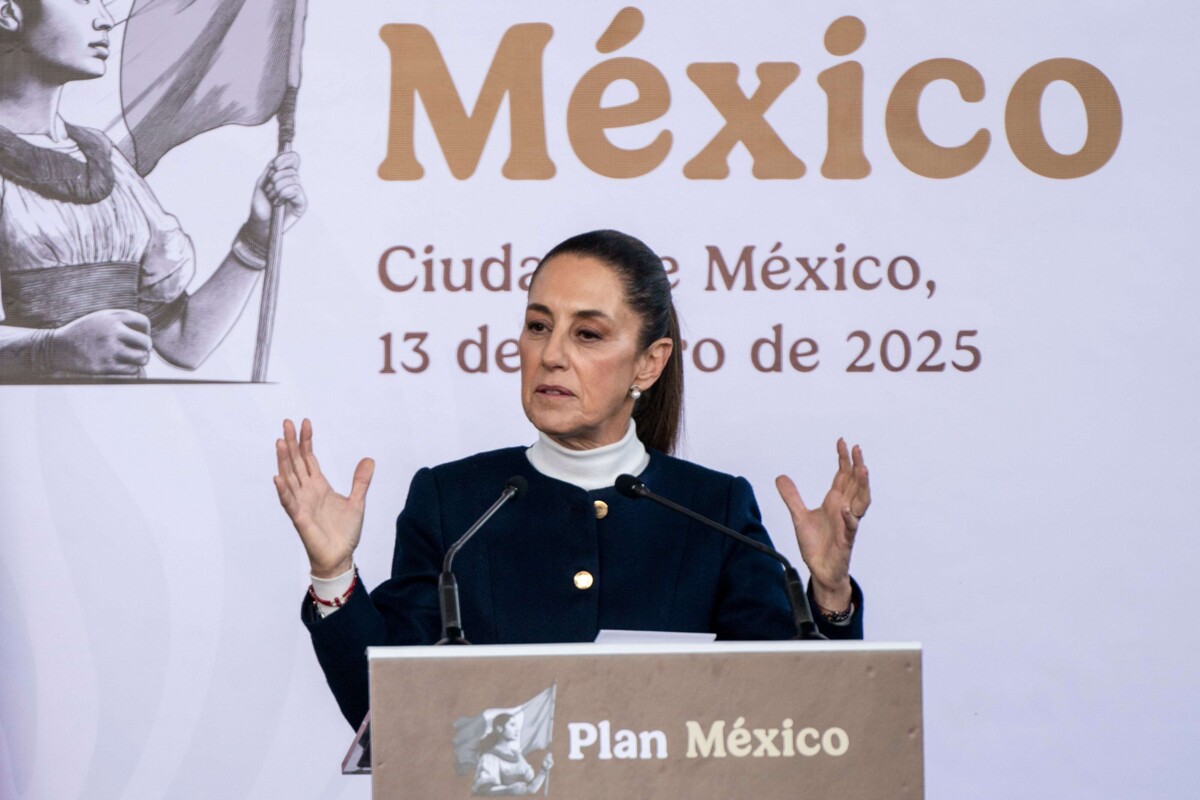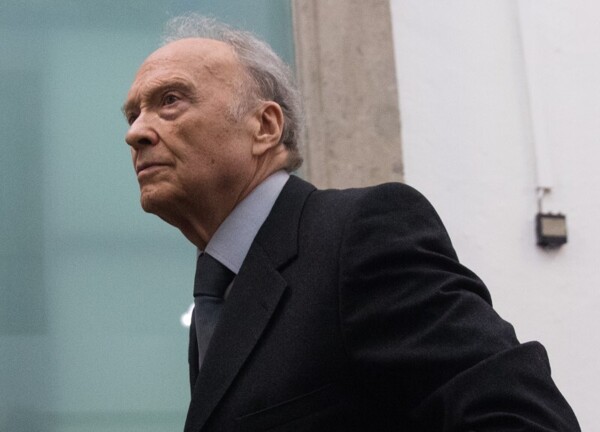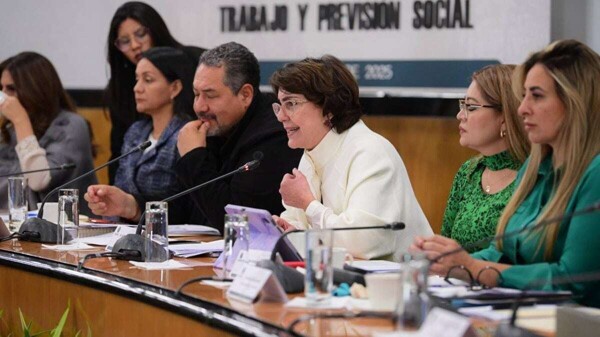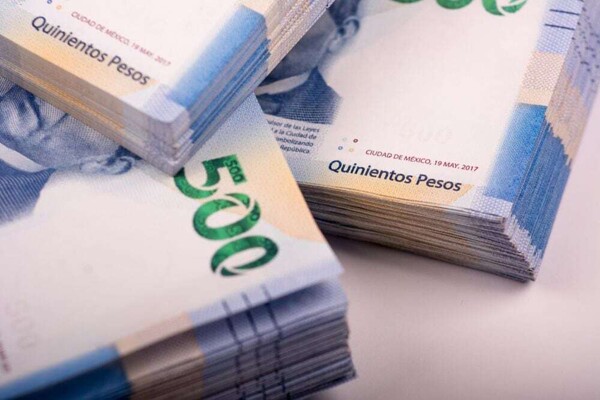
The construction of the Dos Bocas refinery, which contains more than 3,200 kilometers of pipes with the capacity to extend from Mexico City to Houston and vice versa, has faced multiple challenges since its inception. Part of the initial problems of Dos Bocas can be attributed to Mexico's decision to take on the construction itself, cancelling a bidding process when bidders failed to meet the demanding schedule and budget.
Dos Bocas has become Pemex's last hope to rescue its declining fuel refining industry. With significant debt of nearly 100 billion dollars, Pemex sees Dos Bocas as a crucial tool to reactivate production and reduce financial difficulties. Resolving the issues at Dos Bocas is essential for the future of the Mexican oil company.
Bernardo Del Castillo of Soteria Consulting pointed out the consequences of using outdated blueprints in designing the refinery, which has caused engineering failures and skipped the FEED stage. The origin of the blueprints has led to operational difficulties, as the infrastructure is not suitable to operate under altitude and humidity conditions different from those initially anticipated.
The persistent challenges at Dos Bocas have included fires, internal struggles among legislators, and environmental concerns. Despite the inauguration in 2022, the plant has yet to achieve commercially viable fuel production and has faced technical setbacks. Electrical issues, technological obsolescence, and production interruptions have marked the early years of operation for Dos Bocas.
The lack of technological modernization, along with design errors and construction challenges due to its location on a mangrove, has caused significant delays in the development of the refinery. The inability to operate at full capacity directly affects fuel production at a crucial time when Mexico seeks to reduce its dependence on imports.
Despite the obstacles, Mexico views Dos Bocas as a fundamental piece of its energy strategy, being a flagship project of the Mexican government. Rising costs, technological obsolescence, and the urgency to bring the plant into operation emerge as imminent challenges to maintaining the country's energy sovereignty, especially in light of the threat of tariffs from the United States.
Delays at Dos Bocas have raised concerns about Claudia Sheinbaum's ability, AMLO's successor, to ensure Mexico's energy self-sufficiency. The uncertainty regarding crude oil exports to the United States and the importation of finished fuels highlights the need to find commercial alternatives and new partners in a changing global landscape.














